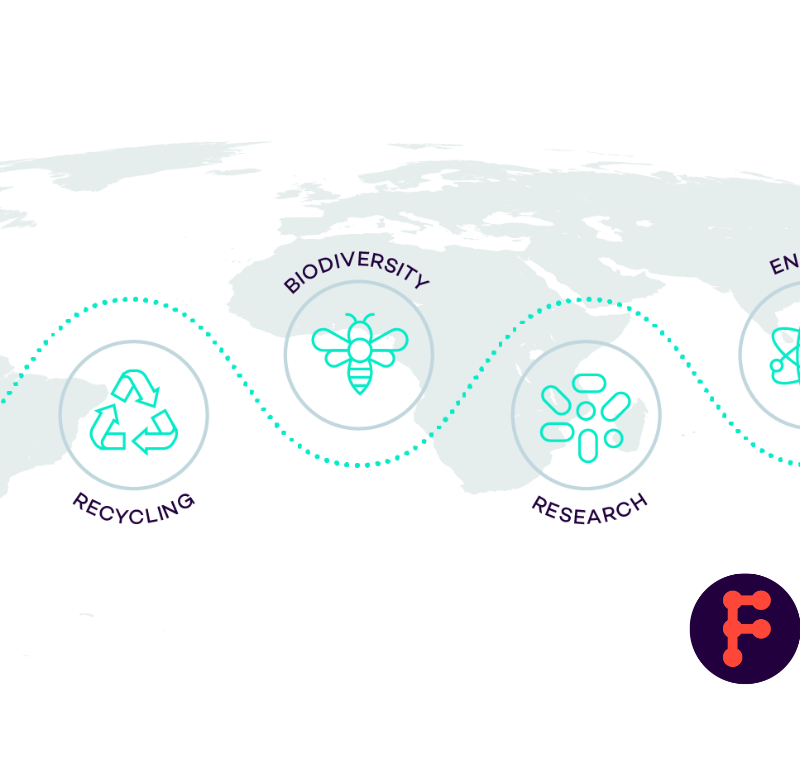How to win the digital content race – Searchmetrics on the future of SEO
One man who has strong opinions on the role that SEO is playing now for publishers and might play in the future is Searchmetrics’ CEO Volker Smid.
At DIS 2017 Volker will be addressing the issue “Predictably outperforming – How to win the digital content race in an age of machine learning.” Here he offers an introduction to Searchmetrics and the technology that powers the business, while discussing the future of content creation and content marketing.
DIS 2017 in Berlin
The 10th Digital Innovators’ Summit 2017 takes place from 19-21 March (main Summit on 20 and 21 March) in Berlin, Germany. See more at innovators-summit.com. See the agenda here and the list of more than 70 speakers so far confirmed here.
Firstly tell me a little about Searchmetrics? How long have you been operational and how has the company developed in that time?
Searchmetrics is a company with headquarters in Berlin and offices in San Mateo, New York and London. We are a startup, but there’s never this one single factor that brings us or any company to a leading position. We started eight to ten years ago, to gather data globally and the dimension of the data has grown exponentially over time. So the first pillar of our success is our ability to crawl and understand the global search world. And by global I mean country wise, city wise and also from different devices.
The second focus is not only to generate raw data, but also to create a meaningful outcome of the data for our customers. The application of machine learning algorithms on top of the data delivers this. And then thirdly, the fact that we are a German startup means that we define the world as multiple entities of countries and cities. We are not so stuck in the old paradigm that this is all about one country one language only. We really understand the complexity of the world and the complexity of the demand structures.
I started as CEO at Searchmetrics in September 2015 and joined at a time when the company was expanding rapidly. Demand for our Searchmetrics Suite has continued to rise globally since then. We have also been successful in the important US market. Also, this year we launched our new software – the Searchmetrics Content Experience, which is the world’s first agile content development platform. It delivers a new paradigm for online marketers to produce content that resonates with audiences and drives predictable results.
And what are the key services that you offer to media companies today?
We provide an SEO and Content Marketing Platform and don’t rely on data from third parties. Our historical database spans nine years and contains over 250 billion pieces of information, such as keyword rankings, search terms, social links and backlinks. It includes global, mobile and local data covering organic and paid search, as well as social media. We have the largest global reach of any SEO platform, crawling the Web every day in more than 130 countries.
This is not only important for media companies, but for every company that want to sell products or services. In a world of 3.2 billion of internet users and about one billion websites and annual spend of about 145 billion in content we go directly to the point where content is being created. All of that data is relevant for content creation, whether it be the complexity of keywords, the complexity of a company’s competition, the complexity of the language in your region. All of this is being provided at the point of time when a company wants to create content or when they want to adopt their existing content. If you put this into the process this is very hard for the other contenders in the market to match and this is where you create the highest value for our customers.
I personally cannot imagine a company that could not make use of the search data that we have.
Can you give me examples of how companies are reaping the benefits from your Content Experience platform?
Here is some feedback from our customers.
“Searchmetrics made it easy for our team to see and understand how our content creation process affected our potential for increased search visibility. Its custom briefs gave us the opportunity to craft content that could better help us meet our goals, enhance our search results, and improve our audience’s’ understanding of our content.” John Hall, founder, Influence & Co.
“The workflow shown in the Searchmetrics Content Experience allows a clean interface between editor and copywriter, and also enables simple project management.” Eric Kubitz, owner and managing director, CONTENTmanufaktur
“With the Searchmetrics Content Experience, we were able to better align our content strategy. We are now working on topics that we did not have on the list before, simply because we were not aware of their relevance. This results in a higher visibility and therefore more traffic to our website.” Dr. Simon Geisler, CMO, Ebner Verlag
As you can see Searchmetrics Content Experience can offer many different benefits for companies. It provides content strategists and writers with an integrated process for producing content that predictably outperforms the competition. We firmly believe that quality data turned into actionable insight equals success. Our vision is to marry Agile Content Development and the latest advancements in data science to help create lasting connections between brands and their markets. Consequently, the new Searchmetrics Content Experience defines results by speeding up time-to-value with topics that connect with audience intent. This guides companies along the best-performing path against their competition.
Creating relevant content that engages, connects and creates conversations that drive the engines of commerce and brand is a must for marketers. To achieve this, it is vital to develop content that uniquely matches user intent, delivering traffic, engagement and predictable revenue by eliminating guesswork in online optimisation. Hence producing engaging content and measuring content effectiveness is a priority for digital marketing.
Do you think that the growth of social media has changed the way that media companies and brands approach SEO?
Yes and no. Social media is one of several online channels. It’s big. And it’s growing. However, the biggest ‘problem’ I see is that the size and growth of this channel, has meant many companies now focus on it and this can lead to strategically disputable decisions. So much depends on the purpose. Social needs a completely different strategy than SEO. You need to be aware that you are not able to reach the same goals with social as with SEO. The approach is different, because the mindset and attitude of users in these too channels are totally different too. In social media, information comes to you. You are provided with a stream of information that is filtered by: (1) The platform’s algorithm, and (2) Your connections and contacts (that is: the consumer/s).
Whereas in the search channel, users are actively looking for specific information, where the: (1) Influence of an algorithm (the search engine) is much bigger. (2) This channel is rather filled and determined by the information that is stored online and provided by the offeror, which is then ordered by relevance (as judged by the algorithm).
Moreover: the intentions are different. Basically, it can be broken down into entertainment (social) vs. need (search). As you can see, I think that these two channels need to be strictly separated from a strategic perspective. To cut it short: Social is a relevant channel for building and maintaining a brand as well as emotional connections. Search however, remains with on average 60% by far the channel with the highest traffic potential overall.
Do you think media companies are now understanding the potential of automation in processes like SEO, content creation and content distribution?
I think not all media companies have fully understood the potential SEO, content creation and distribution. Not all of them are clear about the close interaction between search insights and content creation. Google’s constant algorithm changes send a strong signal to digital marketers that SEO is no longer just about increasing visibility in SERPs. It’s about having relevant content that provides the specific answers to the user’s search query and that engages your visitors. Google rewards great content with higher rankings and more traffic, providing you with additional opportunities to convert visitors into customers. So the key fact is: ‘Relevant content drives revenue.’
Can you give an example of a media company that is using technology to power their content in an interesting and effective way?
As example I would indicate the German Ebner Verlag here – this is a special interest publishing house who offers media for specific interests, e.g. watches, fire brigades, graphics and creatives or music. In 2011 the publisher launched its successful transformation process to open new business areas through digital strategies. The publisher offers very specific content for a specific and very top target group and already has access to the target group, the appropriate content and also the digital distribution channels. But the content has to be created and marketed in such a way that more online visibility is achieved in the relevant target groups and further conversions are generated.
The central tool for the preparation and implementation of this strategy is the new Searchmetrics Content Experience. According to the Ebner Verlag the software helped their writers to analyse in an intelligent manner what their readers are searching for and to develop their content so it was tailored to the target group. They were thereby able to better align their content strategy and are aware of topics they didn’t even know that they are relevant for their readers. Through using the new deep learning technology, the Ebner Verlag can now observe a higher visibility and therefore attract more traffic.
In the future how will machine learning and artificial intelligence change the way that the media and companies publish content?
When applied to the development of web content, machine learning instantly sources the opportunities, themes and research necessary to determine and match user intent. So, media companies that are using deep learning-enabled content creation are able to pinpoint the exact information they need to create content that addresses user needs.
Many of the themes Volker discusses in this article will feature prominently at the 2017 Digital Innovators’ Summit in Berlin. For more information click here.







